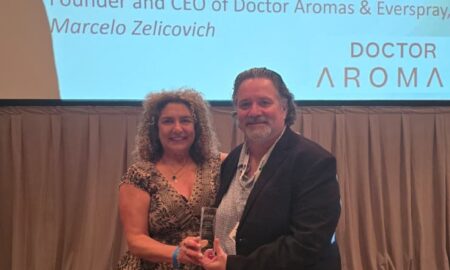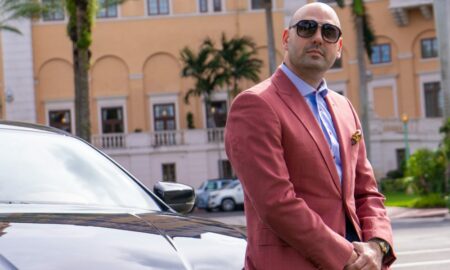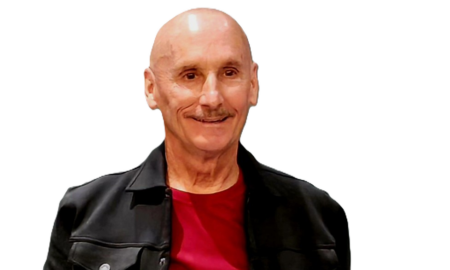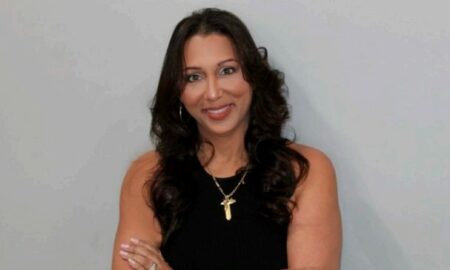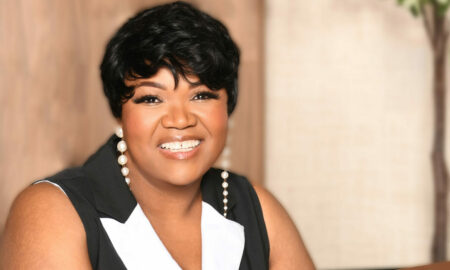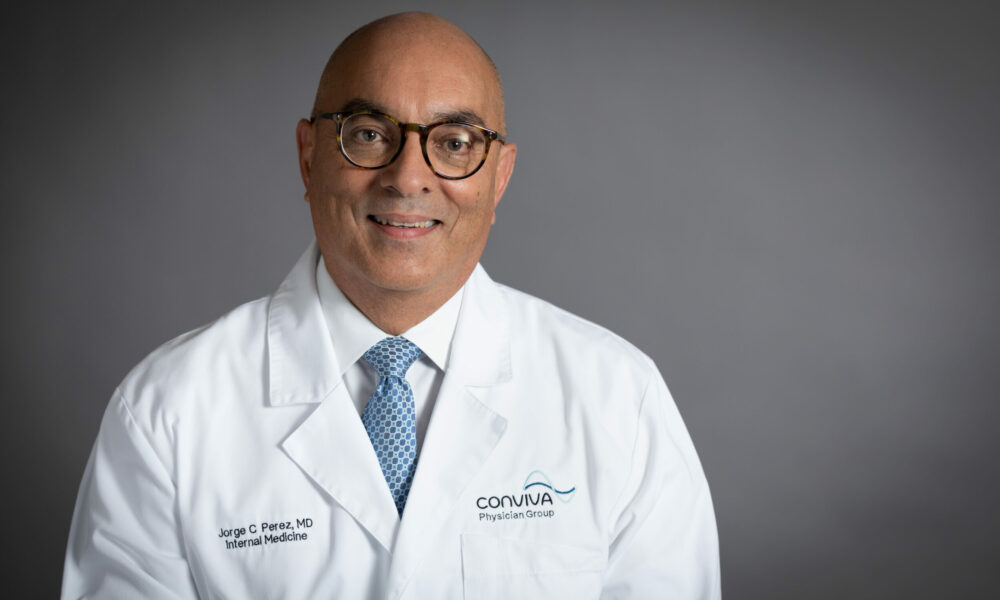

We’re excited to introduce you to Dr. Jorge C. Perez. He was introduced to us by one of our content partners, Tyler Sminkey. Tyler is a great friend of VoyageMIA, and as a content partner he helps Voyage in so many ways from spreading the word about the work that we do, sponsoring our mission and collaborating with us on content like this. Check out our conversation with Dr. Perez below.
Dr. Perez, thank you so much for joining us today. Before we jump into specific questions, maybe you can briefly introduce yourself to our readers and tell them a bit of your backstory and how you got to where you are today? Perhaps you can also touch on what made you decide to pursue medicine?
I was born in Cuba, grew up in New York and moved to Miami in 1991 where I’ve lived since then. I attended medical school in Mexico and completed that in 1985. I worked for the government in Mexico for one year and after that I started my training in internal medicine in 1986. I trained in Philadelphia at Episcopal Hospital an affiliate of Temple University, and afterward I went back to New York and completed a fellowship in rheumatology at Mount Sinai Hospital, NY. Upon completing that in 1991, I moved to Miami and started at a medical facility.
I practiced medicine full-time until about 10 years ago and at that time I started doing part time medical practice and part time administrative medicine
Today, I oversee Miami-Dade county as the managing partner for Dade county with Conviva Care Centers, where I oversee all Dade county physicians for Conviva.
Even when I was young I’ve always been in touch with how fragile life is and to maintain a balance with nature. I felt medicine and caring for others kept me in that balance. Even thinking back to when I was young those values in me have not changed. That’s why I went into medicine.

Do you have a role model from your physician career?
One person stands out – he was my attending physician when I was in Philadelphia during my internal medicine training at Temple University Hospital. His specialty was Oncology and he was an excellent clinician and very caring individual. He truly taught me to treat the individual and that medicine is not an absolute science. You have to treat and understand the individual to treat any disease.
The whole approach is what medicine really is. That was something I’ve never forgotten.
What is one stand out experience you’ve had that you’d like to share?
When I first started practicing in Miami I remember diagnosing a patient with cancer. He had metastatic disease and it was an unknown primary. I explained his prognosis and that I could help with treatment, he chose not to proceed and to treat himself naturally. He lived a good life for four years and to this day I wonder if I had treated him aggressively what the outcome would have been.
What that taught me is that the treatment you offer patients is a guidance. It has to be a mutual agreement to pursue the treatment. You’re not always treating the disease, you’re also treating the individual. The power of the mind is a crucial thing.
We see you work at Conviva Care Centers, what makes caring for seniors unique from other types of patients?
Seniors require total balance. The older one gets the higher the prevalence of diseases and our bodies become naturally weaker. Regardless of how old we are, we’re all young at heart, and every decade of our lives brings new challenges.
Also, regardless of how old we are, life continues. As a clinician and at Conviva our goal is to help you age well. My job as a physician is to help you through those challenges, help you to age well, and help you to enjoy life to its fullest.
What do you see for the future of healthcare and our seniors?
I see lots of clinical advances in our future. I believe the new generation of seniors are in-tune with their basic needs – what I mean is eating healthy, exercising, being in charge of their well-being, preventing disease. I think with future advances in medicine and taking care of those basics, seniors have a bright future.
Again, I go back to it’s not all just medicine alone that takes care of you, it’s up to the individual and their choices as well.
What are your hobbies outside of medicine?
I enjoy landscaping, it’s my therapy. Planting things and seeing them grow is inspiring and therapeutic.
I love the beach and the ocean.
I enjoy sports, like ice hockey even though I’ve never played it.
I like winter skiing – I go every year with my family to Park City, UT.
I’m a pilot and although I don’t fly anymore, I did get my private license and enjoyed doing that until about three years ago.
If you weren’t a doctor, what would you be?
I’ve asked myself that many times in the past. My wife is a physician, I have three children and none of them are doctors.
The more I think about it, I always come back to the conclusion that I would be a doctor. If I were to have chosen a second career it would have been to be a pilot – just for that sense of freedom and being in the air. But I still would always choose medicine.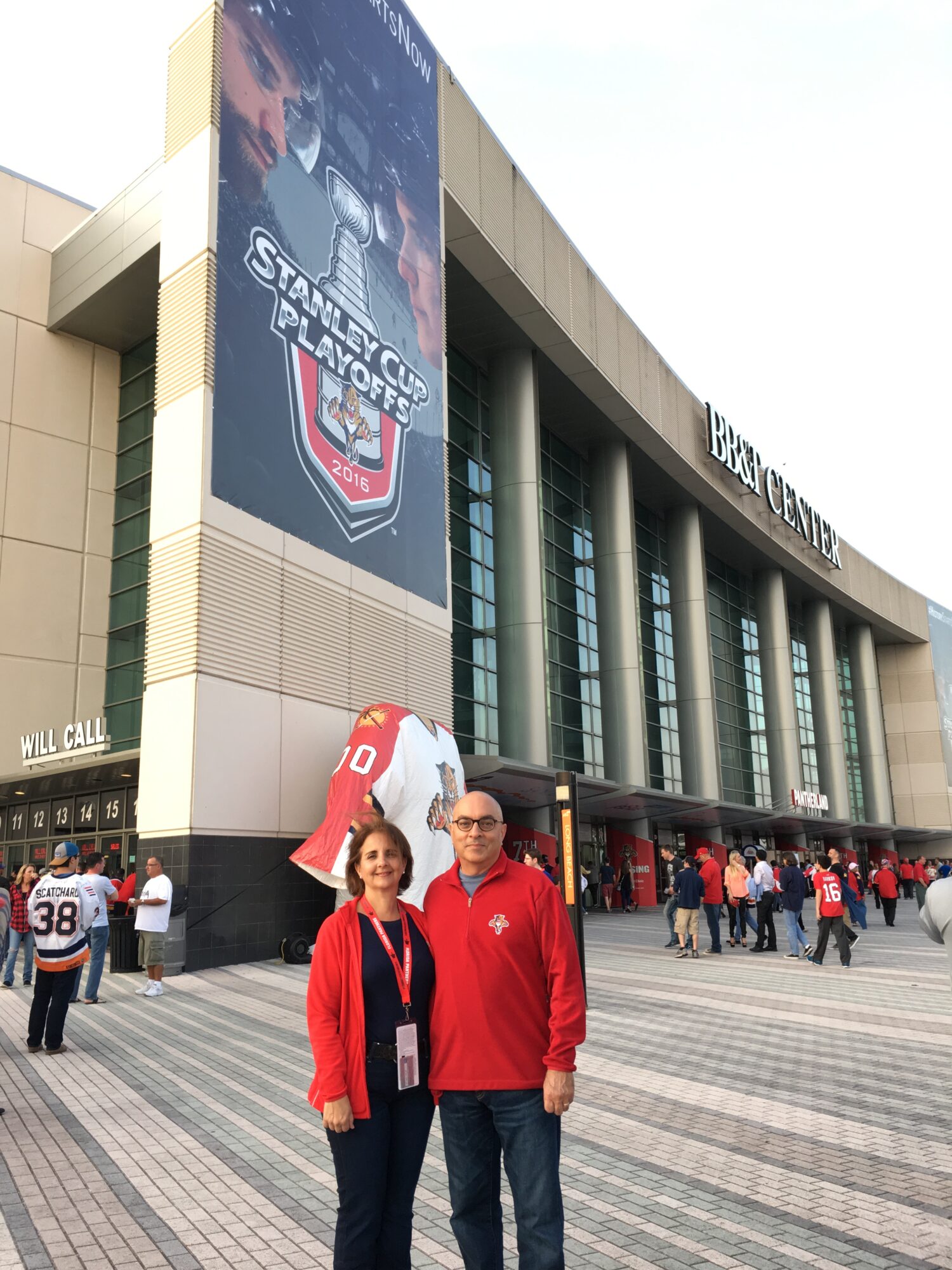
Before we go – do you have any advice for those seeking to get into medicine?
Medicine is very rewarding and it’s very challenging. You must have a passion for caring for others. It can be tough but the rewards outnumber the challenges. You need to understand that we have many challenges but we can’t control them all, and that is OK because we don’t have control over everything. The most important thing is having that passion to do it above everything else.







